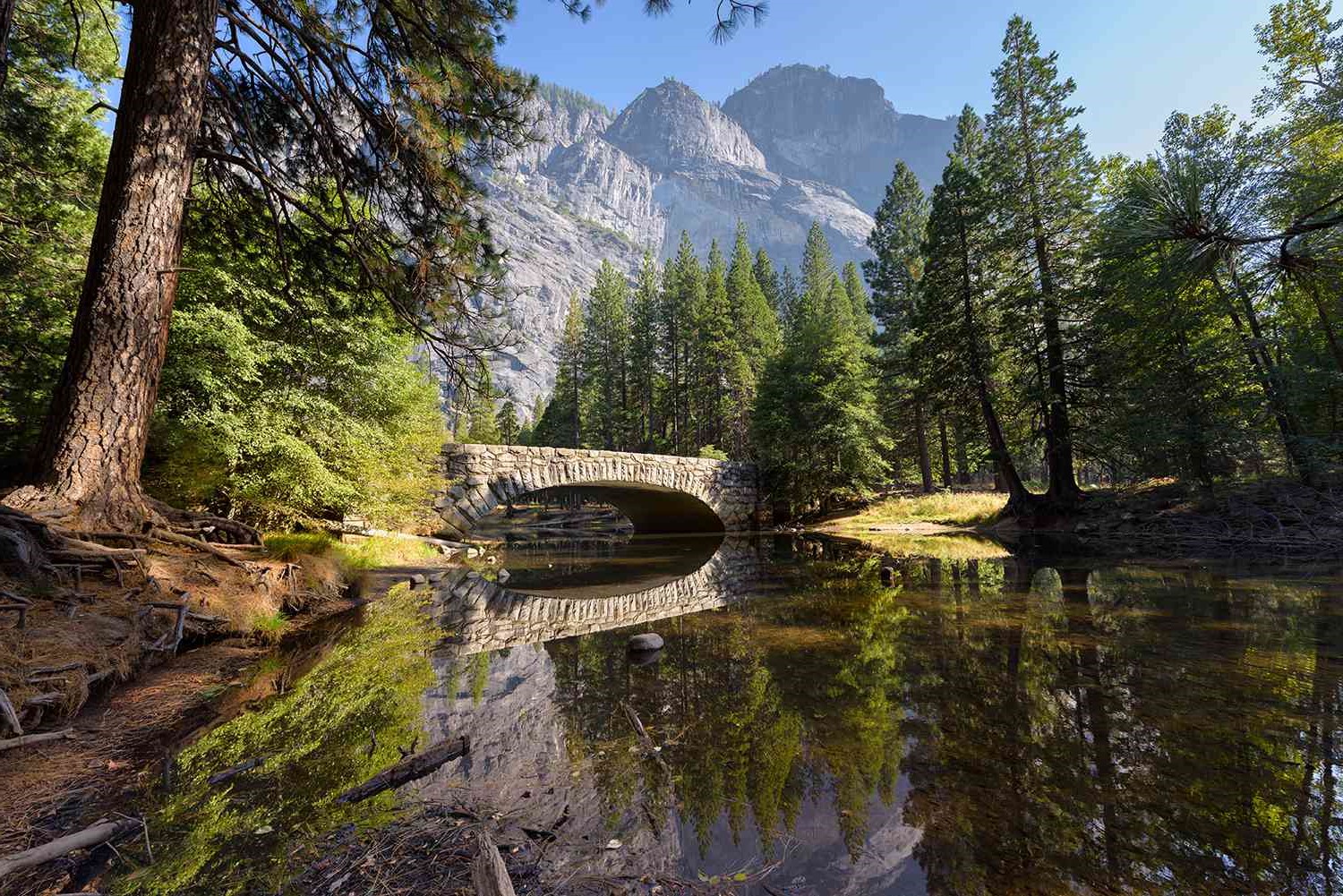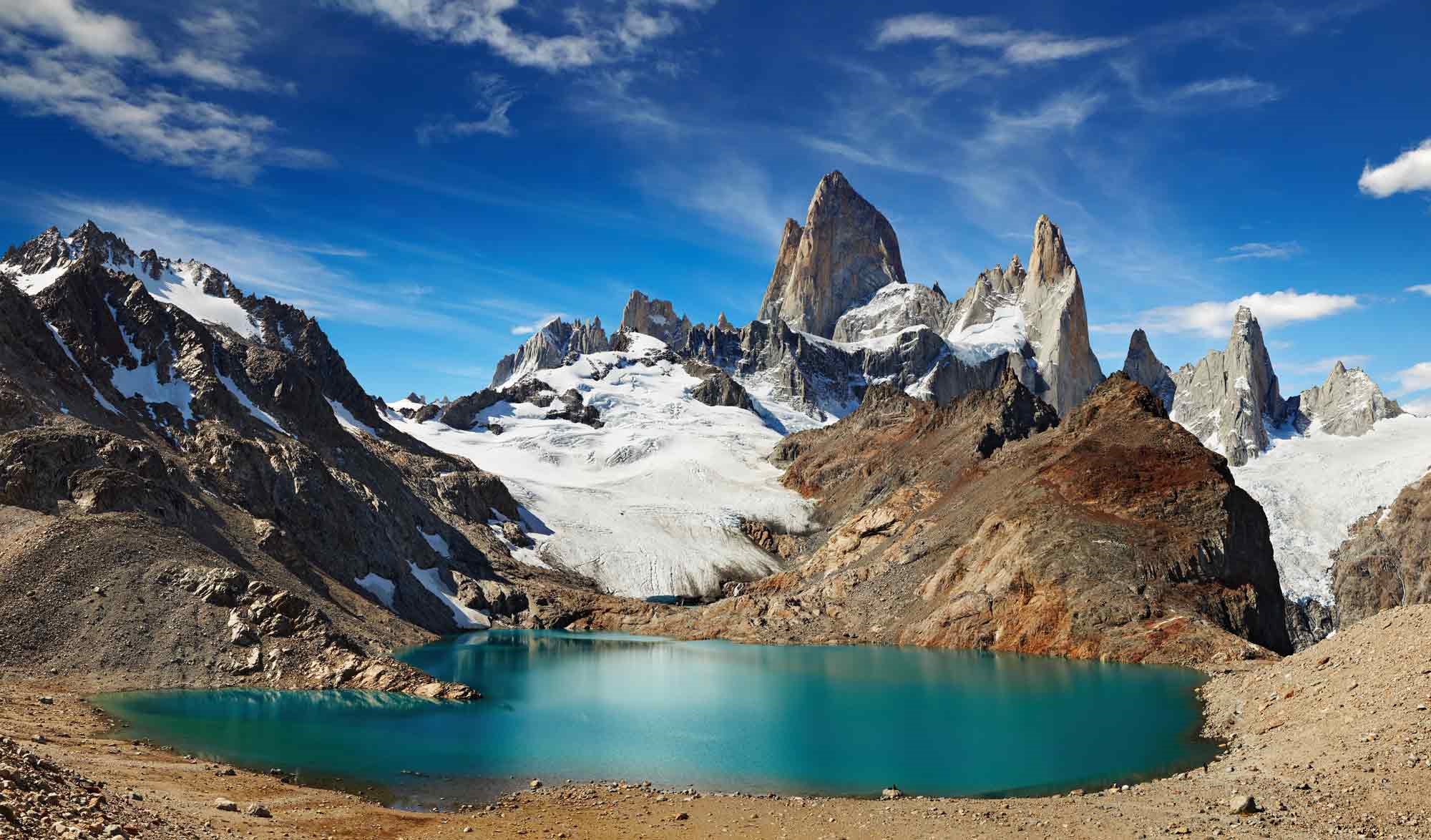Home>Weather and Climate>Yosemite Weather by Month: What to Expect Year-Round


Weather and Climate
Yosemite Weather by Month: What to Expect Year-Round
Published: September 18, 2024
Plan your trip to Yosemite with our monthly climate guide. Stay informed about the weather and climate to make the most of your visit.
(Many of the links in this article redirect to a specific reviewed product. Your purchase of these products through affiliate links helps to generate commission for Temperatures.com, at no extra cost. Learn more)
I've always been fascinated by how weather shapes our experiences, especially in places as majestic as Yosemite National Park. So, let's dive into what you can expect, month by month, in this natural wonder.
In January, cold and snow dominate, transforming the valley into a winter wonderland. Perfect for those who love snowshoeing or cozying up by a fire. Come February, not much changes, but there's a slight increase in daylight.
March brings warmer temperatures and the melting snow feeds the waterfalls, making them particularly spectacular. April continues this trend, with wildflowers starting to peek through the snow in lower elevations.
May is when Yosemite truly awakens, with waterfalls at their peak and temperatures becoming more comfortable for hiking. June sees the high country becoming accessible, and campgrounds start to open up.
July and August are all about warm weather and clear skies, ideal for exploring high elevation trails. However, these months can also bring crowds.
September offers a sweet spot with milder weather and fewer visitors. October brings autumn colors, cooler days, and crisp nights. By November, the first snows may return, hinting at the cycle starting anew. December is quiet, chilly, and perfect for those seeking solitude amidst snow-covered landscapes.
Yosemite's climate varies widely throughout the year, each month offering a unique experience for visitors.
















